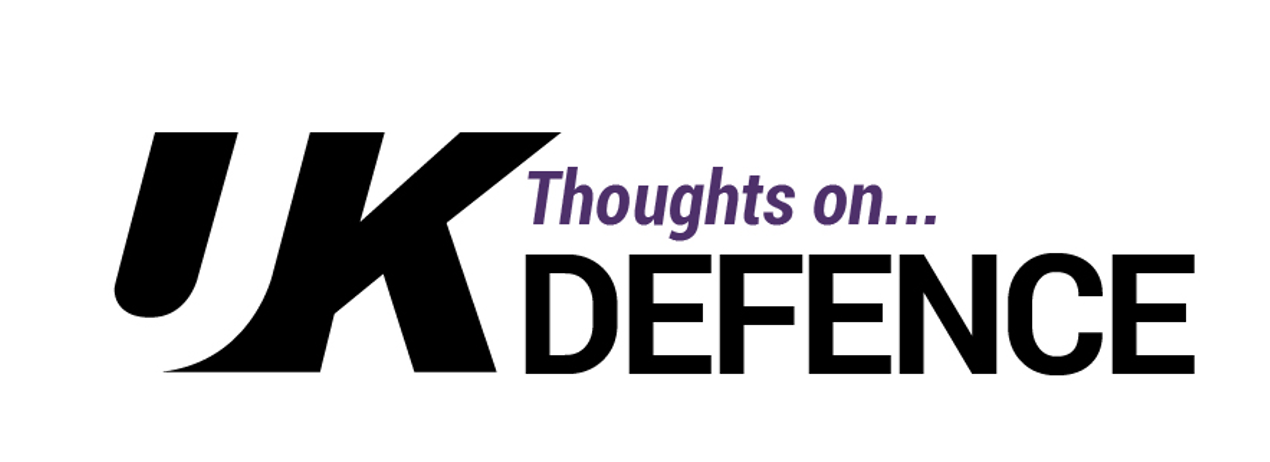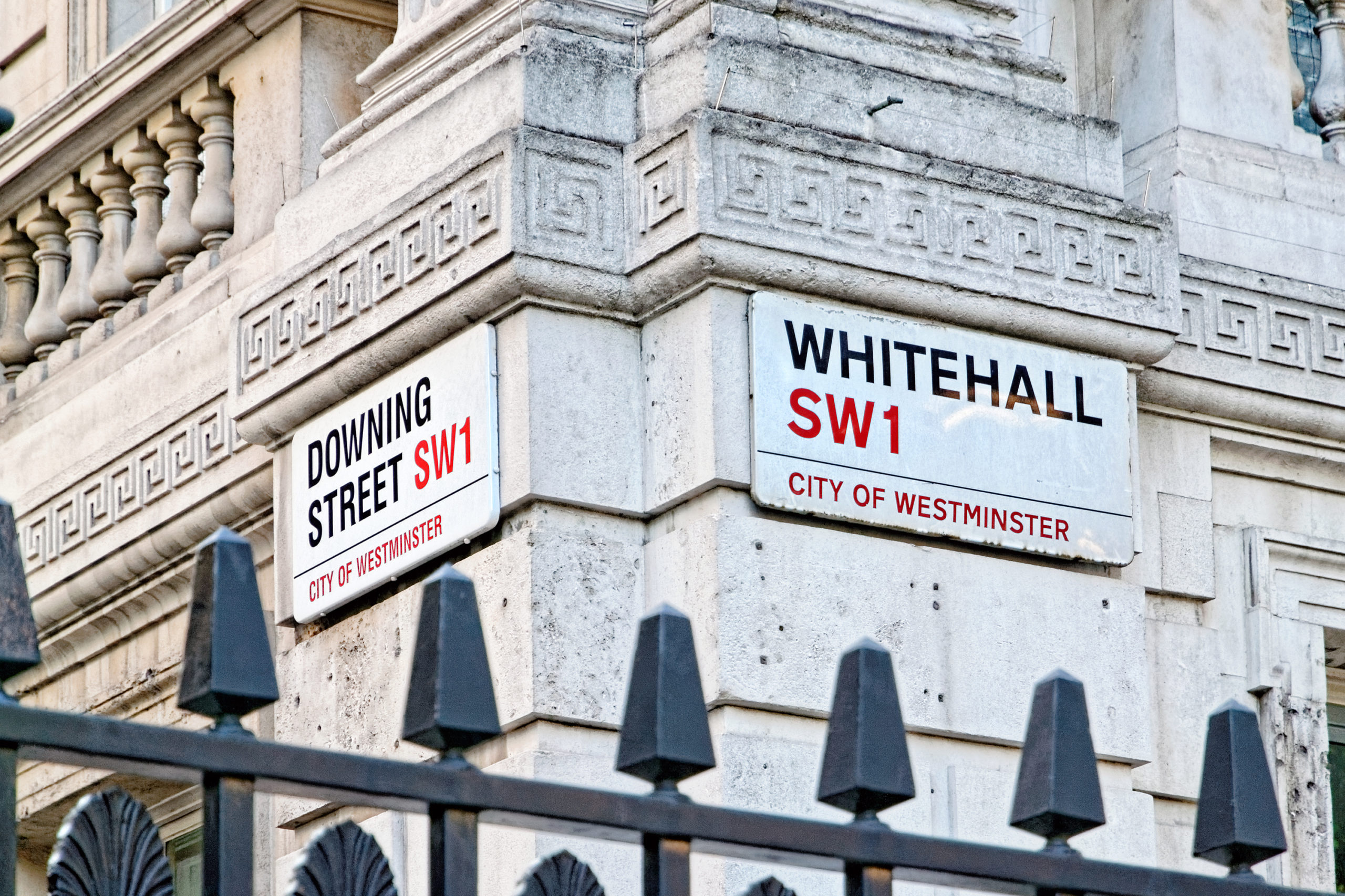During the build up to defence reviews, politicians and commentators often become fixated with Britain’s place in the world. Since the UK’s departure from the EU, this clamour has increased to an almost deafening level with much of the focus being on the usefulness, or otherwise, of the latest associated soundbite: ‘Global Britain’. The government maintains that ‘Global Britain’ is about reinvesting in our relationships, championing the rules-based international order and demonstrating that the UK is open, outward-looking and confident on the world stage. In reality, as the Spectator points out, Britain has been a global player since the 1730s. Notwithstanding this, however, is it actually necessary to spend time considering Britain’s place in the world as a precursor to the Integrated Review?
1998 Strategic Defence Review – Policy Led
Some commentators have likened Boris Johnson’s promise for a deep strategic review of foreign policy, defence, security, intelligence and development to the Labour government’s start point for its Strategic Defence Review (SDR) in 1998. Indeed, the architect for that review, Lord Robertson of Port Ellen, has suggested that the current prime minister is perhaps being even more ambitious.
The 1998 SDR was widely praised for being foreign policy-led and Malcolm Chalmers and Peter Roberts, both from RUSI, have highlighted the importance of beginning this Integrated Review with a clear articulation of the UK’s national interests and values. From there, Chalmers argues, a realistic strategy for pursuing and protecting them can be developed.
The 1998 SDR stated that Britain’s place in the world was determined by “our interests as a nation and as a leading member of the international community” and recognised “the two are inextricably linked because our national interests have a vital international dimension”. It also confirmed the UK as a major European state and a leading member of the European Union but that its vital interests were not confined to Europe and its economic interests and history gave it other international responsibilities.
Moreover, it concluded that:
“Our national security and prosperity thus depend on promoting international stability, freedom and economic development. As a Permanent Member of the UN Security Council and as a country both willing and able to play a role internationally we have a responsibility to act as a force for good in the world. We do not aspire to be a world policeman; many of our important national interests and responsibilities are shared with others, particularly our partners and Allies in the European Union and NATO. We also attach immense importance to the international community as a whole working together through the many multinational organisations, above all the United Nations.”
The Picture Today
Clearly one or two things have changed in the last twenty-two years! That said, although the UK may no longer be a member of the European Union, the prime minister has repeatedly made it clear that does not mean the nation will turn its back on Europe. Furthermore, although Tony Blair’s ‘force for good’ soundbite and his Doctrine of the International Community are not now in vogue, at time of writing, UK armed forces remain engaged in over thirty operations worldwide and the government also recently reconfirmed its support for peacekeeping operations by committing to deploy 250 British soldiers to the UN mission in Mali.
The point is that the UK’s interests have actually changed very little over the first two decades of this century, and, with only minor amendment, the Interests & Goals conclusion from the 1998 SDR remains extremely relevant today. Moreover, as @onUKDefence has observed elsewhere, the Integrated Review cannot begin with a clean sheet of paper. Whether it likes it or not, the government has a start point, and that’s the policy in place today. As Michael Dillon, Emeritus Professor at Lancaster University, wrote back in 1988, “the policy-maker’s difficulty is not to decide where to go, but where to go from here.”
Conclusion
At the macro-level, the UK remains a major European state but with vital interests stretching beyond the continent’s boundaries and international responsibilities driven by its history. Taking too much time to refine this much further would be a wasteful distraction. Instead of worrying about Britain’s place in the world, the Integrated Review should be used to generate credible evidence that enables the government to make the difficult but essential decisions around how to prioritise its finite resources to protect and pursue the ongoing national interest.






